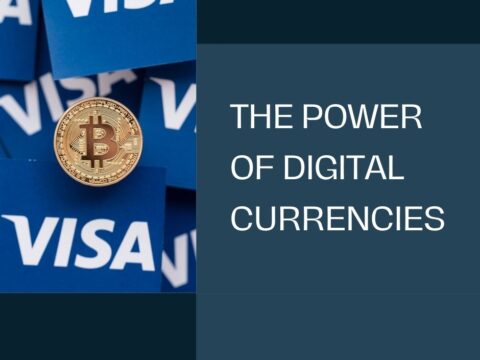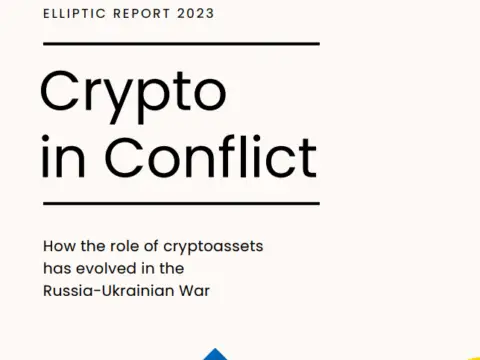In the dynamic realm of gaming, the intersection with cryptocurrency has given rise to new possibilities and economic paradigms. This exploration delves into the evolving relationship between cryptocurrency and gaming, shedding light on the transformative impact of virtual currencies within gaming economies.
Decentralized In-Game Economies:
- Cryptocurrencies, particularly those built on blockchain, enable the creation of decentralized in-game economies. Gamers can buy, sell, and trade virtual assets using digital currencies, fostering a peer-to-peer marketplace that operates independently of centralized control.
Blockchain-Powered Non-Fungible Tokens (NFTs):
- Non-Fungible Tokens (NFTs) have revolutionized ownership of in-game assets. Built on blockchain, NFTs represent unique digital items, granting gamers true ownership and the ability to transfer or sell these assets across different games or platforms.
Microtransactions and Micropayments:
- Cryptocurrencies facilitate seamless microtransactions and micropayments within games. This allows gamers to make small, frictionless payments for in-game items, enhancing user experience and providing a viable alternative to traditional payment methods.
Player Empowerment and Digital Ownership:
- Cryptocurrencies empower players by giving them greater control over their digital assets. Gamers can truly own their in-game items, and blockchain ensures transparency and authenticity, reducing the risk of fraud or counterfeit virtual goods.
Decentralized Gaming Platforms:
- Emerging decentralized gaming platforms leverage blockchain and cryptocurrency to create ecosystems where players have a stake in the platform’s governance. This shift towards community-driven platforms introduces new models of ownership and participation.
Cross-Game Interoperability:
- Cryptocurrency enables cross-game interoperability, allowing gamers to use their virtual currencies across multiple games or platforms. This interconnectedness fosters a broader gaming ecosystem where value can flow seamlessly between different virtual environments.
Challenges and Opportunities:
- While the integration of cryptocurrency in gaming brings numerous benefits, challenges such as regulatory uncertainties, volatility, and security concerns must be addressed. However, the opportunities for innovation, player engagement, and economic empowerment are significant drivers for continued exploration.
Incentivizing Gameplay Through Cryptocurrency Rewards:
- Cryptocurrencies can be used to incentivize certain behaviors or achievements in games. Developers can reward players with digital currencies for reaching milestones, contributing to a vibrant and participatory gaming community.
Emergence of Gaming Tokens:
- Gaming tokens, often built on blockchain, serve as native currencies within specific gaming ecosystems. These tokens can be earned through gameplay, traded on external markets, and used for in-game purchases, creating a self-sustaining gaming economy.
Conclusion:
The amalgamation of cryptocurrency and gaming represents a paradigm shift in how virtual economies operate. From empowering players with true ownership to fostering innovative gaming models, the relationship between cryptocurrency and gaming continues to evolve, promising a future where digital and financial experiences seamlessly intertwine within the immersive world of gaming.




